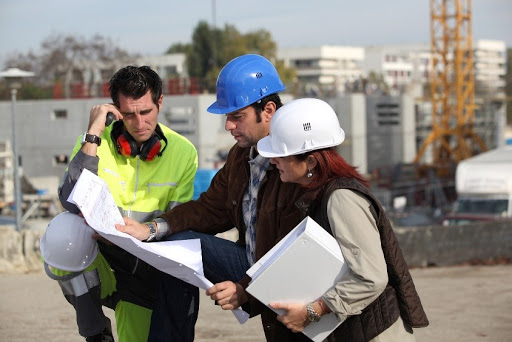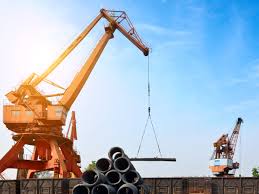

By the end of this course delegates will be able to:
Construction Engineers, Senior Construction Engineers, Construction Supervisors, Construction General Supervisors, Construction Project Managers, Engineering Technologists, Supervision Engineer, Inspection Engineers, Civil Inspectors, Foremen, Design Structural Engineers, Planners, Structural Engineers, Material Specialists, Quality Control and Quality Assurance Experts, Architects, Supervision Engineers, Team Leaders, Site Officers and Managers, Mechanical Engineers, Technical Professionals, Field Production Supervisor, Operation Engineers, Clients Representatives.
Concrete Technology & New Construction Techniques & Methods
ISO and Quality in Construction
Fire, Health & Safety
Lab Work & Practices
Cementing Materials
Chemical Admixtures
Aggregates
Cement Pastes
Fresh Concrete Properties
Strength of Concrete
Testing Concrete
Durability of Concrete
Hardened Concrete Properties
Batching, Mixing, Placing & Compaction of Concrete
Concrete Admixtures
Applications of Special Concrete
Concrete Mix Design
Planning and Site Preparation
CDGA attendance certificate will be issued to all attendees completing minimum of 80% of the total course duration.
| Code | Date | Venue | Fees | Register |
|---|---|---|---|---|
| CE118-02 | 21-06-2026 | Dubai | USD 5450 | |
| CE118-03 | 17-08-2026 | Kuala-Lumpur | USD 5950 | |
| CE118-04 | 22-11-2026 | Manama | USD 5450 |

Premature deterioration of civil infrastructure has created a colossal backlog of ageing concrete structures. Professionals need to design structures that can exceed their service life even in harsh e ...

Concrete technology refers to the process of using concrete in various structures. It can also be defined as the widespread use of concrete globally. The durability and versatility of the concrete mat ...

Concrete is used throughout the world for a wide range of applications. In order to improve the properties of concrete, recent advances in material science introduce new materials or admixtures to be ...

There have been rapid advances in concrete technology during the past three decades or so. The improvement in strength and other structural properties achieved earlier through the use of steel reinfor ...
Providing services with a high quality that are satisfying the requirements
Appling the specifications and legalizations to ensure the quality of service.
Best utilization of resources for continually improving the business activities.
CDGA keen to selects highly technical instructors based on professional field experience
Since CDGA was established, it considered a training partner for world class oil & gas institution
3012, Block 3, 30 Euro Business Park, Little Island, Co. Cork, T45 V220, Ireland
Mon to Fri 09:00 AM to 06:00 PM
Contact Us anytime!
Request Info